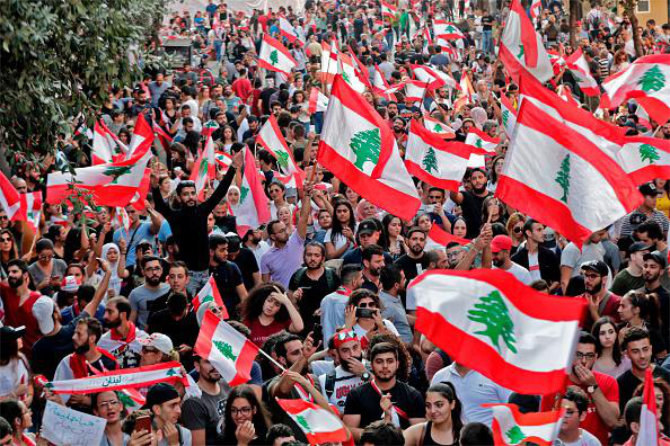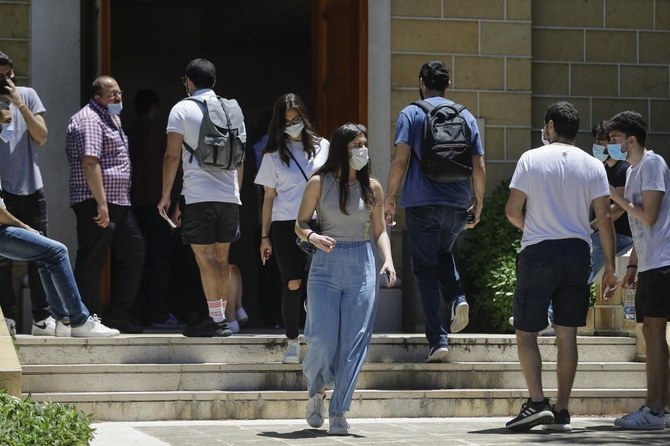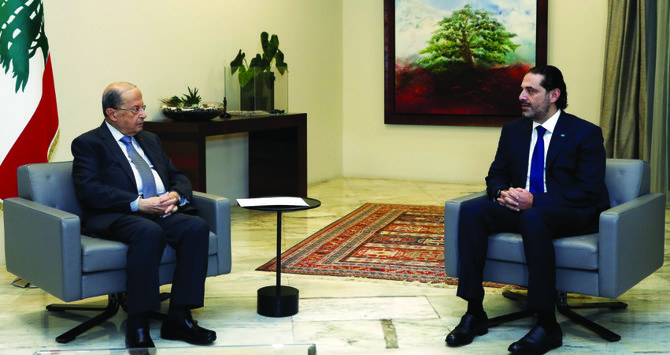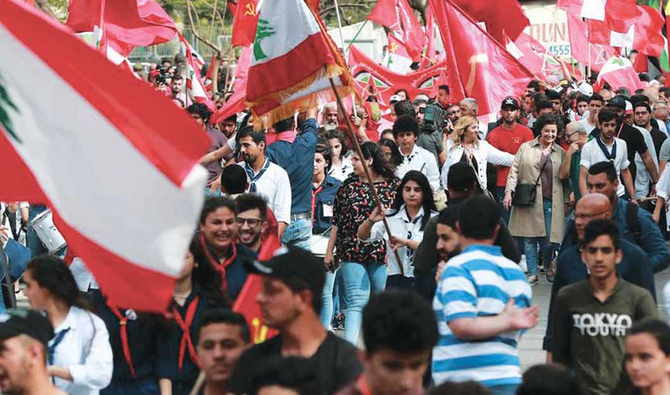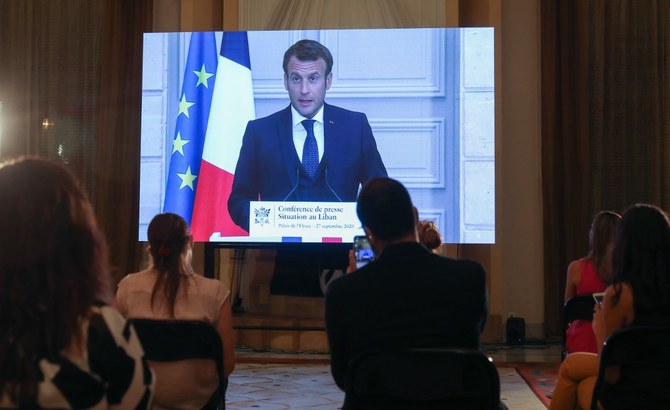
by HAFED AL-GHWELL — arabnews.com — Despite external and domestic pressure to form a new Lebanese government, endless jockeying for key ministerial posts continues while the country remains on a slow path to implosion. If it is not the financial crisis that wiped out savings, it is an economic crisis that has decimated jobs and the viability of most small businesses. If it were not the Aug. 4 port blast that made thousands of homes uninhabitable and shut down hundreds of businesses, it is a pandemic that has shattered mobility and overwhelmed a dismal public health system. If it is not the governance crisis that has eroded confidence in political leadership, it is worsening sectarian fragmentation justifying a defense of the status quo instead of efforts to secure a future all Lebanese can share. All these issues affect every Lebanese regardless of age, sect, religion, status, political affiliation, level of education or any other demographic division. Yet surprisingly, there is little momentum and even less political will to find solutions.
Decades of close French-Lebanese ties have placed Paris at the forefront of developments in Lebanon’s political leadership. Virtual donor meetings are reminiscent of the post-civil war aid conferences; now, as then, funds will vanish, without any reforms against a backdrop of further civil unrest. Granted, French President Emmanuel Macron’s carrot of funding in exchange for reform does indicate wariness of a repeat of the 1990s post-civil war reconstruction fiasco if the same faces remain in power. Unfortunately, the changes Macron seeks are doomed to fail given the glacial pace of Lebanese governance crippled by incessant political wrangling. No carrot or stick can guarantee the Lebanese political elite will implement the desperately needed reforms in governance, finance, politics and the economy. Demanding the formation of a government of independent technocrats, however, necessary, will simply exacerbate gridlock and political wrangling. The same applies to calls for judiciary reforms and a commitment to elections within a year under new election laws. They run counter to how Lebanon’s political “old guard” have consistently tied their legitimacy and fortunes to how much political power they can wield in defense of their own interests.

